Anxiety: 8 Amazingly Effective Essential Oils for Relief
Anxiety: 8 Amazingly Effective Essential Oils for Relief
Anxiety Overview
Today, anxiety is rapidly increasing and continues to be a great source of depression in many people. In the high-paced, extremely high-pressure society in which we live, everyone experiences some level of anxiety at some point in life. Recent polls indicate that a minimum of 40 million adults in the United States are experiencing anxiety.
Chronic anxiety results in anxiety disorder which interferes with daily activities such as jobs and relationships and causes other health problems such as insomnia, digestive problems, panic attacks, and high blood pressure to name a few. Anxiety can be caused by stress, hormone imbalance, and excessive caffeine, sugar, and alcohol intake.
A Growing Trend
There is a growing trend among people to seek alternative treatments for depression that can either complement or replace medication and therapy. Essential oils have proven to be effective in treating stress and calming the nervous system[1]. There are different effects associated with each essential oil based on its chemical makeup.
Essential oils for depression can be a part of your daily routine to reduce the severity of symptoms and frequency. The frequency of depressive episodes can decrease as time goes by.
What are the effects of anxiety on the brain?
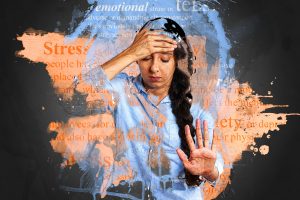
Depression is often a genetic disease that is passed down through generations. Depression may also occur as a reaction to prolonged stress or adverse circumstances. Brains have an easy time adjusting to new environments. Hence, when pressure is constant, it may stop feeling the need for positive emotions.
A combination of therapy and medication is the most common treatment for depression. The purpose of depression medicine is to change the brain’s chemical makeup so that it becomes more positive and healthier again. Although medication has many benefits, many people are uneasy about its side effects. Pills often lose their effectiveness over time, so finding an alternative method becomes increasingly necessary.
When it comes to treating depression holistically, essential oils can be helpful. You can boost your emotional state even if you are feeling bad.
Why Are Essential Oils Beneficial for Mental Health?
Plants have been known to heal for hundreds of years by natural healers. Pre-existing western pharmaceuticals, plants were the primary source of medicine for both mental and physical health.
A concentrated plant extract is an essential oil. Extracts and brain chemicals can interact positively when these compounds are combined. Extraction can be done from roots, bark, flowers, or stems. Plant parts each have their benefits.
Aromatherapy, however, involves applying essential oils topically instead of ingesting plants to treat the body internally. Positive input from each sense has a positive effect on the brain. Think of when you see something beautiful, hear a favorite song, or touch someone you love. These all boost your mood.
It can be beneficial to inhale these healing extracts for a duration, as it is considered one of the most influential senses.
<<<LAUGHTER Can Be An Effective Remedy For Anxiety and Depression>>>
Anxiety-reducing essential oils
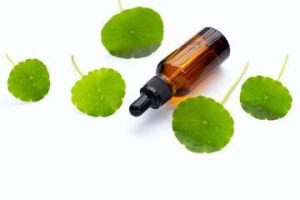
Wild Ginger
It affects the body directly through the serotonin system and has many other healing properties. The oil acts similarly to antidepressants by improving the feeling-good neurotransmitters.
Lavender Oil
Aromatherapists typically use lavender oil. Its flowery aroma and calming effects lower cortisol levels and soothe the nervous system. Aromatherapy (inhaling it) or massage can be beneficial when using lavender oil.
The plant lavender helps ease anxiety and depression and is even given before medical procedures (or when giving birth!) It can improve mood, sleep, and well-being.
Chamomile
Medicinally, chamomile is known to bring relief from anxiety and is an antihistamine. Its anti-inflammatory properties are similar to those of Benadryl, a common anti-inflammatory. This essential oil’s ability to fight inflammation is an excellent match for your nighttime routine because inflammation can directly cause depression. Traditionally taken as a tea, chamomile oil is also used for inhalation.
Cedarwood
Cedarwood was traditionally used as an anxiety-relieving and stress-relieving supplement. A short period or daily use is allowed. Cedarwood exists in several types, each of which has a different healing property. Researchers ran a study on rats that found rats exposed to cedarwood showed more minor signs of anxiety or depression than those who did not.
Frankincense
A popular depression oil is Frankincense. By inhaling Frankincense for some time, mood can be enhanced, and cortisol levels may be reduced. Moreover, it increases the amount of “feel good” hormones in our bodies. In hospitals, Frankincense is used to treat mental health issues related to chronic pain, terminal illness, and other conditions that may cause depression.
Ylang Ylang
The aroma of Ylang Ylang has been known to help stave off depression and treat negative feelings associated with depression. As a mild, natural remedy for depression, ylang-ylang oil can be inhaled for immediate mood improvement. Various studies demonstrate that it aids in releasing negative emotions, such as anger, low self-esteem, and jealousy.
It prevents stress responses by having mild sedative effects that lower your blood pressure. Using the oil to diffuse or massage into your skin can make you feel more confident, happy, and self-loving.
Jasmine
A gorgeous floral scent, jasmine oil can be found in perfumes and cosmetics. Various types of tea use jasmine as a base. Study results suggest inhaling jasmine oil can encourage a sense of well-being and romance.
Jasmine oil acts as a sedative without causing sleepiness, unlike some essential oils used for anxiety. Many individuals find that it stimulates their brains.
Vetiver
Vetiver is a less recognized essential oil, but it is no less compelling. Khus oil is another name you may see for it. India’s grassy vetiver plants yield vetiver oil. The scent is sweet and earthy.
A study found that vetiver oil could help to calm the nervous system and help with sleep. Stress and anxiety may also be reduced by it.
In humans, vetiver has seen limited research into its effect on anxiety, as do other essential oils discussed. Animal studies, however, have shown that it can have an anti-anxiety effect.
<<<LAUGHTER Can Be An Effective Remedy For Anxiety and Depression>>>
Home Remedy For Anxiety
The above-mentioned essential oils can be used in various ways to help relieve the symptoms of anxiety. For example, these essentials can be diffused in various combinations for relief and can also be combined with a carrier oil and used as a body oil. The following is a home remedy that you can try:
Ingredients
- 3 cups of Epsom Salt
- 1 cup of Baking Soda
- 15-30 drops of Essential Oils (Lavender and Chamomile)
Combine the Epsom Salt and Baking Soda and mix well, and take one cup of this mixture and add approximately 15-30 drops of essential oil of your choice or a combination of the above. Add this mixture to warm bath water and soak for 30 minutes.
Final Thoughts
Research shows that aromatherapy can alleviate anxiety, but it doesn’t replace seeing a healthcare professional
You might benefit from an aromatherapy session or two after a stressful day at work or before a big meeting.
An aromatherapist is the best person to speak with if you want information on essential oils for anxiety specifically and about aromatherapy in general.
You may want to consult a doctor or mental health professional if chronic anxiety interferes with your daily activities. An individual management plan tailored to your requirements can be developed together with them. There is light at the end of the tunnel.
To Your Health!
References
- Cho MY, Min ES, Hur MH, Lee MS. Effects of aromatherapy on the anxiety, vital signs, and sleep quality of percutaneous coronary intervention patients in Intensive Care Units. Evidence Based Complement Alternative Medicine 2013. 2013:381381. [PMC free article] [PubMed] [Google Scholar]
- Muzzarelli L, Force M, Sebold M. Aromatherapy and Reducing Preprocedural Anxiety: A Controlled Prospective Study. Gastroenterol Nurs. 2006;29:466–71. [PubMed] [Google Scholar]

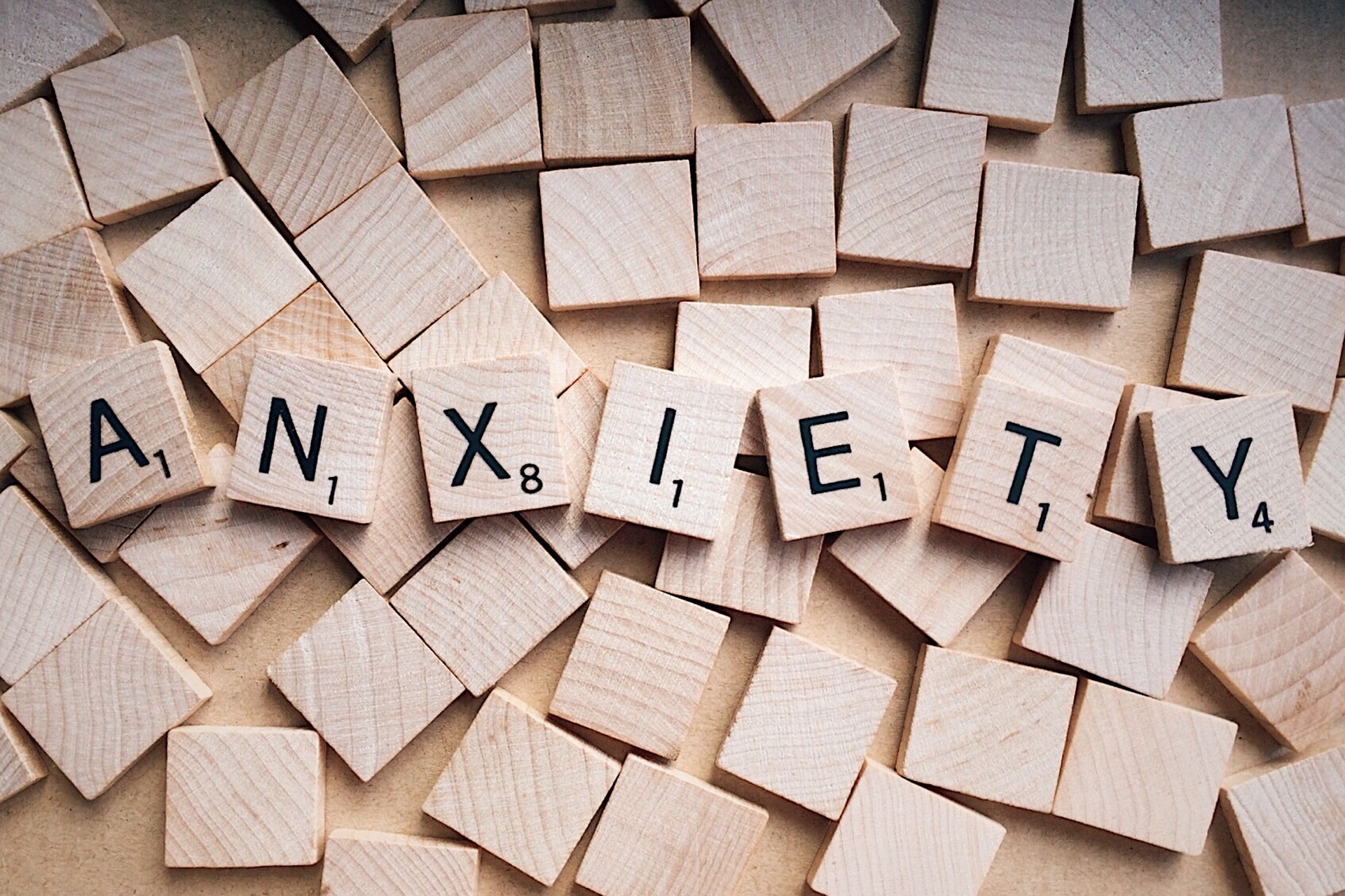




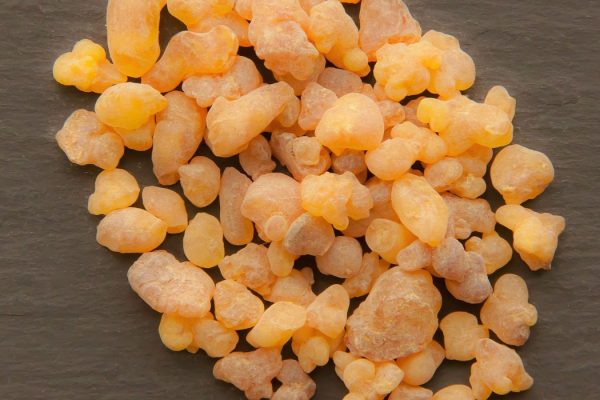

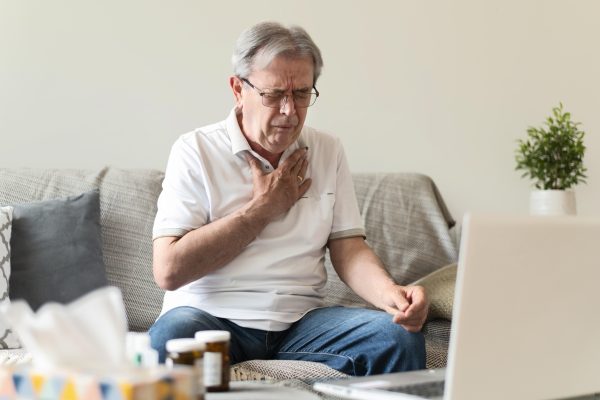
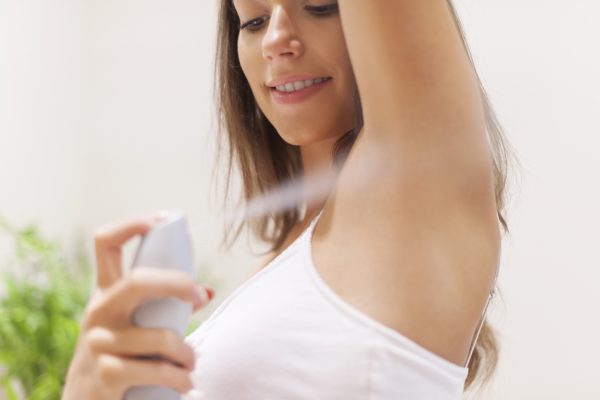
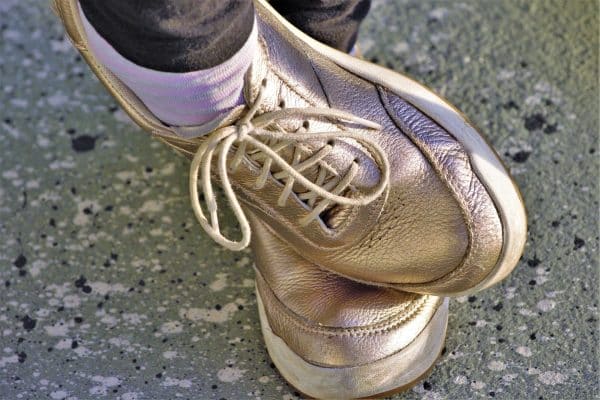
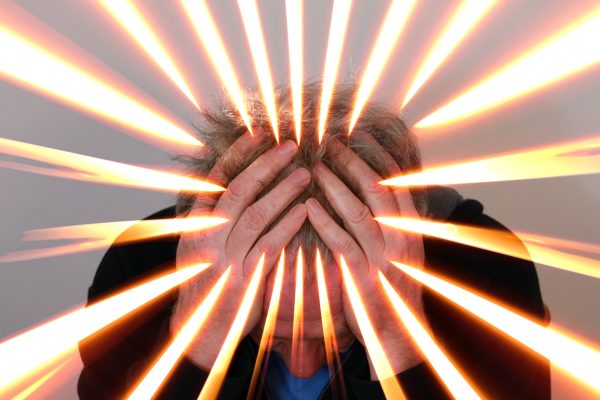



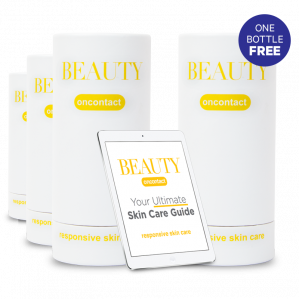
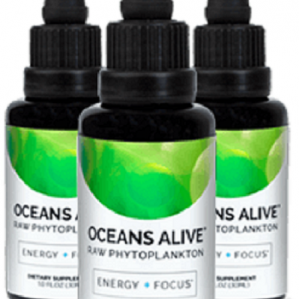
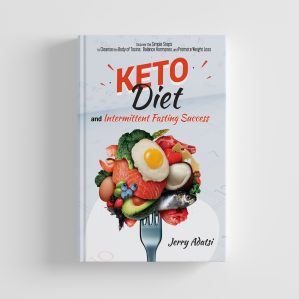











0 Comment